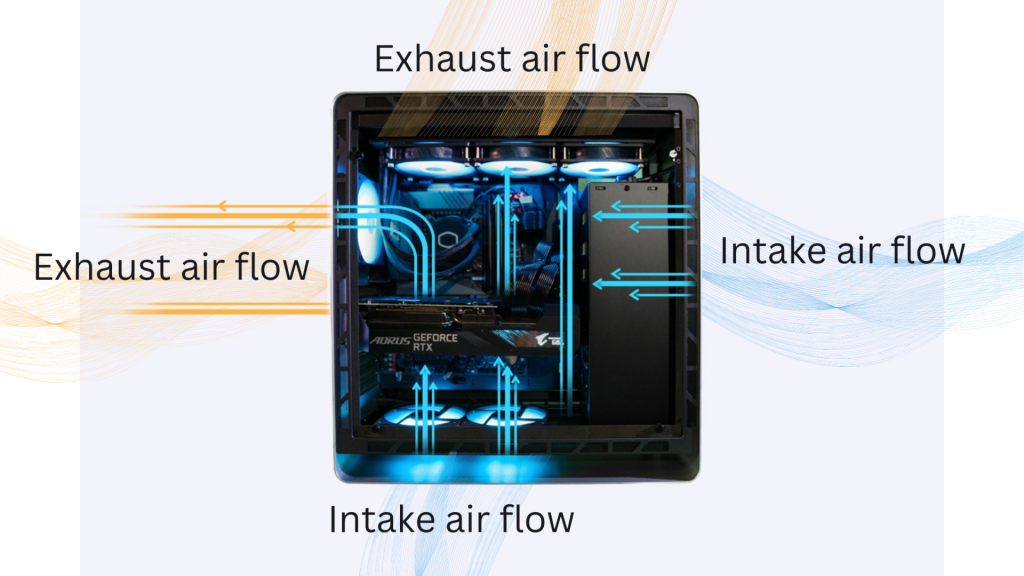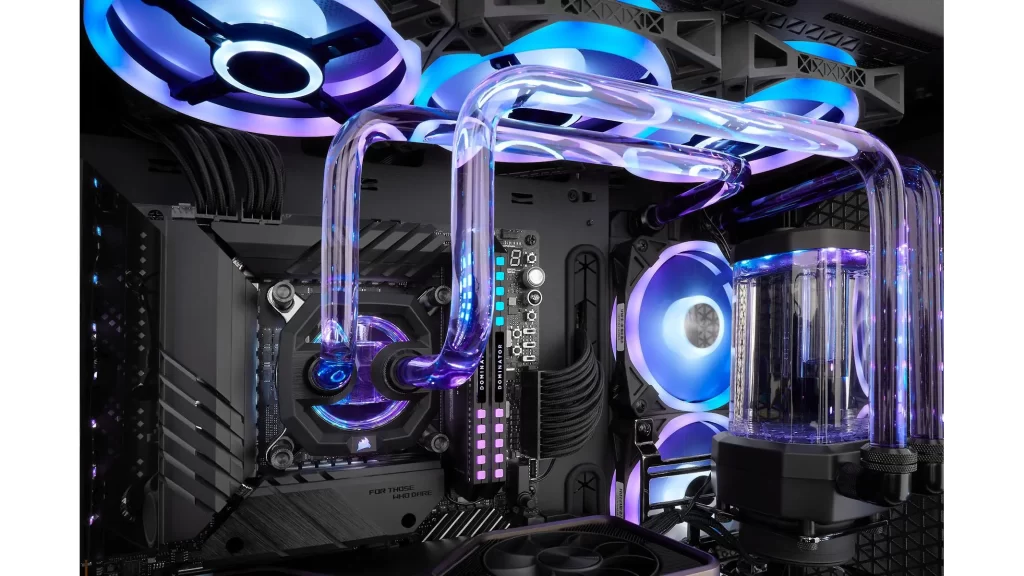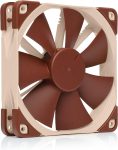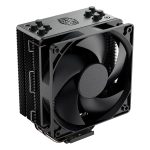Why is Airflow important on PC
Ever noticed your PC fans whirring like a jet engine during intense gaming sessions? Or perhaps you’ve encountered unexpected shutdowns or performance throttling? These are just a few signs that your PC might be struggling with overheating. In technology, heat is the enemy, and when it comes to your PC, proper airflow is the key to maintaining its health and longevity.
Why Airflow Matters:
Just like any other electronic device, your PC generates heat during operation. The CPU, graphics card, and other components work tirelessly to process data and run applications, creating significant thermal energy. This heat needs to be dissipated efficiently to prevent internal temperatures from rising to dangerous levels.
Here’s how good airflow benefits your PC:
The decentralized nature of blockchain offers several advantages:
- Enhanced Performance: Overheating can lead to thermal throttling, where your CPU and GPU automatically reduce their clock speeds to prevent damage. This results in noticeable performance drops and a sluggish overall experience. Proper airflow ensures that your components stay cool, allowing them to run at their full potential and deliver the performance you expect.
- Extended Lifespan: Heat is a major stressor for your PC components. Over time, prolonged exposure to high temperatures can accelerate wear and tear, potentially leading to component failure. By maintaining optimal temperatures with good airflow, you can significantly extend the lifespan of your PC and delay the need for expensive upgrades or replacements.
- Reduced Noise: Those jet-engine-like fan noises aren’t just annoying; they’re a sign of overworked fans struggling to keep your PC cool. With proper airflow, your fans won’t need to work as hard, reducing noise levels and creating a more peaceful computing environment
Corsair H100x RGB Elite Liquid CPU Cooler For Desktop – 32 Dynamic LEDs SP120 Series
Ensuring Optimal Airflow:
Now that we understand the importance of good airflow, let’s explore some ways to achieve it:
- Case Choice: Your PC case plays a crucial role in airflow. Choose a case with ample ventilation, including mesh panels on the front and top to allow cool air intake and exhaust hot air. Additionally, ensure the case size is large enough to accommodate your components without overcrowding them.
- Fan Placement: Strategic fan placement is key. Ideally, you should have fans positioned at the front of the case to draw in cool air and exhaust fans at the rear and top to expel hot air. This creates a positive air pressure system, preventing dust buildup and ensuring efficient heat dissipation.

- Dust Cleaning: Dust is a major enemy of airflow. Regularly clean your PC case and internal components with compressed air to prevent dust buildup on fans and heatsinks. This will allow for better heat transfer and optimal performance
- Cable Management: A cluttered mess of cables can impede airflow within your case. Take the time to properly route and manage your cables, ensuring they don’t block airflow pathways or restrict fan movement.
Investing in Cool:

Prioritizing good airflow in your PC isn’t just about keeping cool; it’s about maximizing performance, longevity, and overall user experience. By implementing the tips above, you can create a well-ventilated environment for your PC, ensuring it performs at its best for years to come.
So, remember: keep it cool, and your PC will thank you for it.










